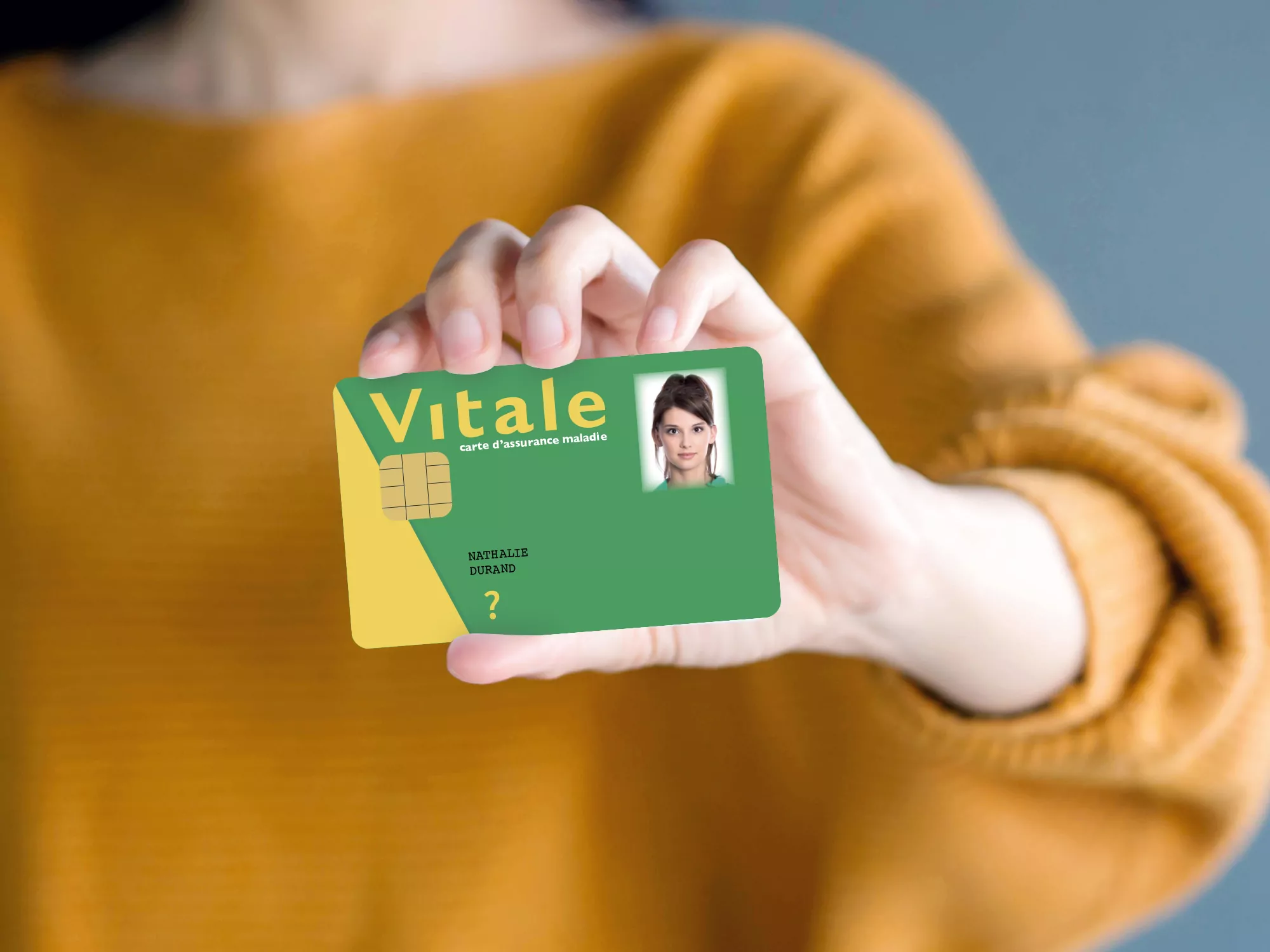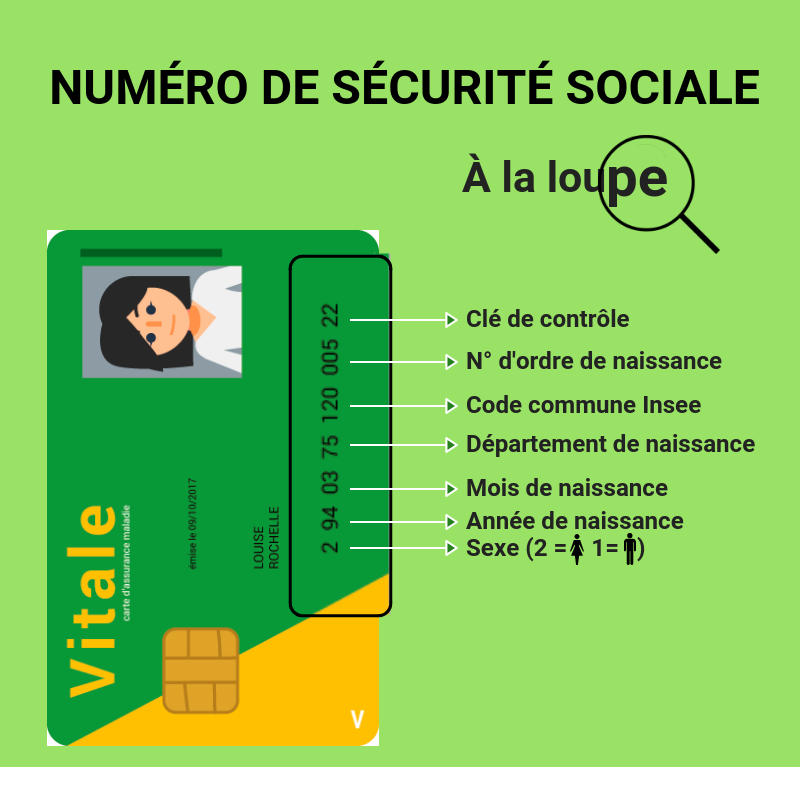Detroit-born, Paris-seasoned and perpetually between two languages, David has been in France for seven years (not counting the fateful student exchange that started it all). We spoke about visas and velvet bureaucracy, startups and social healthcare, and how Montmartre still seduces even the least sentimental among us.
“You see your perspective changing and realise that what you grew up with isn’t right or wrong — it’s just different.”
Beginnings: “I came for three months and forgot to leave”
David:
I’m David, 33, originally from Detroit. I’ve lived in France for seven consecutive years. Before that I did a university exchange in Orléans in 2010 — three months that turned into infatuation with French life.
I hadn’t planned on France specifically; I just wanted Europe. I was taking French at university and hosted a French exchange student who basically said, “Do the summer programme.” So I did — best summer of my life. Three years later I applied to TAPIF — the Teaching Assistant Program in France — and in 2013 I came back for a year to live and work.
Host Families & French Habits
Paris for Girls:
On that first exchange, did the university handle all the admin?
David:
Because I stayed only three months, I didn’t need a visa — Americans can be here for 90 days. Friends who stayed a full year did the visa process with help from their universities.
Accommodation was arranged: student housing or a host family. I chose a host family to integrate faster. It was brilliant — also a mirror to how American I actually was. Shorter showers. Lights off if you leave the room. Less water, more conscience. They were instructed to give the “French experience”: proper breakfast, and le goûter at four. Snack time is sacred.
TAPIF: The Romance & the Reality
David:
TAPIF is for US and Canadian applicants (the British Council runs a similar scheme for the UK). You apply, explain why you want to assist, and if you’re chosen you “work” 12 hours a week (they call it 20, bless). You support English teachers, often closer in age to pupils than to staff, which helps.
You choose regions, not cities. A lot of people who haven’t travelled pick Paris and then struggle: housing is brutal and it’s easy to feel lost. I was placed in a small city near Orléans — about 30,000 people — and it was perfect. At first it felt like nowhere; then it became everything because I actually used my French and met French people. In Paris you can get away with speaking English forever.
Once accepted, you go to your nearest consulate and the government handles the visa fees. Timelines vary wildly — nine to twelve months isn’t unusual. The TAPIF visa isn’t meant to be transferable; technically you’re supposed to go home and apply for a different work visa if you switch status. Technically. This is France: nothing is ever entirely black or white.
The Visa Maze (and a Lucky Stamp)
Paris for Girls:
You managed to switch status?
David:
Eventually. After my year in Orléans I went back to the US, worked for the Quebec branch of New Balance, realised my business French needed work, and decided to do a master’s — not in education — back in France. I reapplied to TAPIF and this time landed in the Paris region. A friend had a spare room, so housing was one headache fewer.
TAPIF pay was about €900 net — survivable only with savings. I picked up eight hours a week teaching English, which turned into 20–25 hours after my assistant contract ended. I made multiple pilgrimages to the préfecture. Each time: non. Then one day I met an administrator in an uncharacteristically sunny mood (I must have worn the right shirt), brought a French friend, asked for a change of status, and — miracle — he stamped it. Absolutely not the norm, but it happened.
“In areas with large immigrant populations the process is more rigid. In smaller places you may find more flexibility. Post-Covid, everything moved online — but the systems didn’t always follow.”
Stability, CAF & Why Nobody Panics About Healthcare
David:
Work and visa stability are married. As a non-EU hire your employer pays to sponsor you and explains why you — not a French or EU candidate — fit the role. It’s the classic chicken-and-egg: companies don’t want to hire without a visa; you can’t get a visa without an offer.
My first sponsored visa tied me to the company for a year. After renewal you can apply for a four-year visa — but you’ll need a CDI. Then, if all goes well, the ten-year card.
Financially, the state keeps you afloat more than you’d expect. CAF (family allowance fund) subsidised my rent while I was paying private-school fees and living on fumes. I was broke, but not terrified: I had healthcare. In the US the anxiety alone can bankrupt you.
From “I’ll Stay If the Visa Works” to “This Is Home”
Paris for Girls:
At what point did you decide to build a life here?
David:
Honestly, the plan was “I’ll stay as long as the visa renews”. Then it becomes home. You miss family, you remain a foreigner, but you’re grounded. You switch languages, even imperfectly. Your perspective shifts: what you grew up with isn’t better or worse — just different.
Finding Work: From Classroom to Startups
Paris for Girls:
How did you find jobs beyond teaching?
David:
At first I had no idea where to look (ridiculous in hindsight). A friend connected me with a language company; I loved their pedagogy and suggested they market it better. Cue community management, during which I realised I knew nothing — hence the master’s in digital marketing.
At school I discovered Welcome to the Jungle — excellent for early-career and experienced profiles alike. France can be traditional about CVs, but startups value crooked, interesting paths. Work hard and you can pivot.
Culture Shock (It’s Not the Cheese, It’s the Crowds)
Paris for Girls:
Biggest surprises?
David:
The eating rhythm — less snacking, more structure — but the real shock was going from US suburbia to a dense city. Constant proximity to people is an adjustment, whether it’s Paris or Chicago.
French quirks seep in: interrogating everything, the art of “You have a point, but…” And then the small joys: a baked camembert that would be unthinkably good back home.
There’s also a myth in the US about the 35-hour week. It exists, and some live it. I’ve also done 50–60 hours. The perk is the right to disconnect: when you’re off, you’re properly off — especially on holiday.
Advice for Americans Dreaming of France
David:
It depends on your stage of life. If you’re a student, jump — you’ll have support and you’re flexible. Knowing French isn’t mandatory but it matters; refusing to learn will hurt you. Prepare. Research visas. Emily in Paris is a costume drama, not a manual.
There’s real opportunity, particularly in IT/engineering and business development. One friend — a software engineer from Detroit — had the textbook experience: top salary, visa paid, legalities handled. It happens.
If you join a traditional French company, expect French to dominate even if colleagues speak English. Startups often want English, but levels vary. Either way, basic French helps with life, not just work. Join forums, ask questions, and beware anyone trying to monetise your confusion.
Scams & “Consultancies”
David:
Beware paid préfecture appointment scams — bots scoop slots and resell them. The official sites say it plainly: never pay for an appointment. People do, and the booking isn’t even in their name.
Also be cautious with “consultancies” that guarantee visas. Nobody can. Some relocation services simply overcharge for hand-holding. Ask questions before handing over fees. The information exists — it’s just scattered.
Friends, Community & Feeling Local
Paris for Girls:
How did you build a social life?
David:
Startups helped — lots of people with international stories, including French who’ve lived abroad and are kind guides. There are also communities for every language under the sun. Meetup is a goldmine — cycling clubs, volunteering at the American Church breakfast for the homeless, you name it. With each job change, the network grew. My circle is roughly half French, half “French-plus” — French with another cultural layer.
Favourite Paris Places
David:
Call me sentimental: Montmartre still gets me. It’s touristy, yes, but the charm survives — Sacré-Cœur, good food, the lot. I love Île Saint-Louis, and for pure architectural swagger the 17ᵗʰ with its Haussmannian façades; for eating, the 18ᵗʰ and the Marais.
Most of all, Place Dauphine by Pont Neuf: river breeze, a glimpse of the Eiffel Tower, pétanque courts, tiny cafés and bookshops, and somehow the buildings muffle the city’s roar. Around the corner is The Highlander — my favourite pub, a little bit Hogwarts under the bridge. It’s oddly perfect.
“It’s cheesy, but Montmartre still feels like Paris — nostalgic, gorgeous, and slightly improbable.”
Practical Links & Acronyms (for the uninitiated)
TAPIF — Teaching Assistant Program in France
CAF — Caisse d’Allocations Familiales (rent subsidies and more)
CDI — Permanent employment contract





Comments